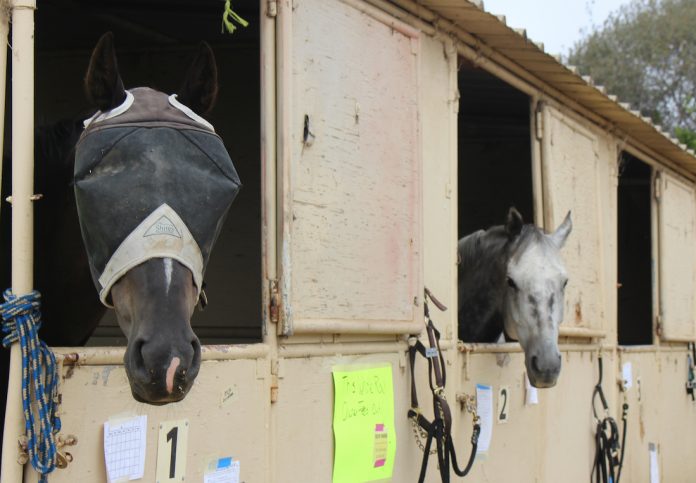
SACRAMENTO—Earlier this month, Congressman Jimmy Panetta (D-Carmel Valley), Representatives Billy Long (R-MO), Mike Levin (D-CA), and Dan Newhouse (R-WA) introduced bipartisan legislation aiming to help preserve agricultural fairs across the country and offset the devastating financial losses they have experienced due to Covid-19.
The Agricultural Fairs Rescue Act would provide $500 million in federal grants for agricultural fairs through state departments of agriculture.
State and county fairs are a primary source of promotion of U.S. agribusiness products and services. Prior to the pandemic, agricultural fairs generated an average of $4.67 billion per year, supporting thousands of jobs. March through May of 2020 alone, International Association of Fairs & Expositions members reported a loss of $22 million per month.
“Due to the pandemic, our annual fairs not only lost out on operating in many of our communities on the Central Coast, we also missed out on the sense of community provided by those very same fairs.” Panetta said. “My bipartisan Agricultural Fairs Act would provide federal funding to assist these fairs in making up their lost revenue over this past year and help put those fairs back into our communities this coming year. Having grown up going to many of our local fairs, my legislation is meant to secure their continued success and ensure that our fairs continue to play a part in our culture.”
According to Kelly Violini, CEO of the Monterey County Fair and Event Center, there are 76 fairgrounds in California, and more than 35 million Californians visited fairgrounds in 2019. In addition, during the Carmel and River Fires in 2020, the Monterey County Fair became an evacuation center for the local SPCA, taking on over 680 animals.
“Fairgrounds are often the heartbeat of their community generating over $40 million in non-profit and community benefits, and promoting a quality of life serving as gathering spots, recreation facilities, and learning centers,” she said. “In addition, Fairgrounds facilities often serve as emergency shelters, Covid-19 testing and immunization sites, and fire camps. The Agricultural Fairs Rescue Act is imperative to the survival of our Fairgrounds and all of its valuable programs and services that it provides to the local community.”
The Santa Cruz County Fair has also served as a Covid-19 vaccination site as well as a shelter for human and animal evacuees during last year’s CZU Lightning Complex Fires.
“Fairgrounds across the United States provide important community hubs for agricultural education, emergency support services, community charitable fundraising, and many different forms of entertainment ranging from local talent shows to major regional concerts,” said David Kegebin, manager of the Santa Cruz County Fair. “Most Fairgrounds depend on self generated revenues to maintain safe operations that serve their communities. Covid-19 operational reductions or outright shutdowns have created financial stresses that have most fairgrounds fighting to survive. The Agricultural Fairs Rescue Act will provide financial support to keep these great community assets available to serve.”
Added Dara Tobias, CEO of the San Benito County Fair: “As we continue to struggle with Covid-19 restrictions on events and gathering, we are hopeful that the Agricultural Fairs Rescue Act will help us afford to continue to adjust and operate at recommended capacities. With support from this grant, we will bring agriculturalists, families and children back to local and affordable venues to learn about their community, their food and fiber. Should the past year and possible future financial devastation close our Agriculture Fairgrounds, our communities will miss out on immeasurably valuable education and exposure to the basis of life, our safe and healthy food production.”
According to Marla J. Calico, president and CEO of International Association of Fairs and Expositions (IAFE), less than two dozen out of 2,000 state and county agricultural fairs in the U.S. were allowed to operate in 2020 after the pandemic was declared. This resulted in an over $4.57 billion loss of economic activity and thousands of lost jobs.
“The impact, especially to rural communities… has been devastating,” Calico said. “The heart of [fairs’] mission and purpose [is] to educate fairgoers—understanding their food from farm to fork —and to market the agricultural products of their region. The role of agricultural fairs is even more vital today. The IAFE, representing over 1,000 county and state fairs in the country is especially grateful to Representatives Panetta, Long, Newhouse and Levin for their leadership in bringing this matter to the attention of Congress.”











if this bill will help keep county fairs alive and well in areas of agriculture, it is a wise investment for the future of our nation. thank you, Jimmy.